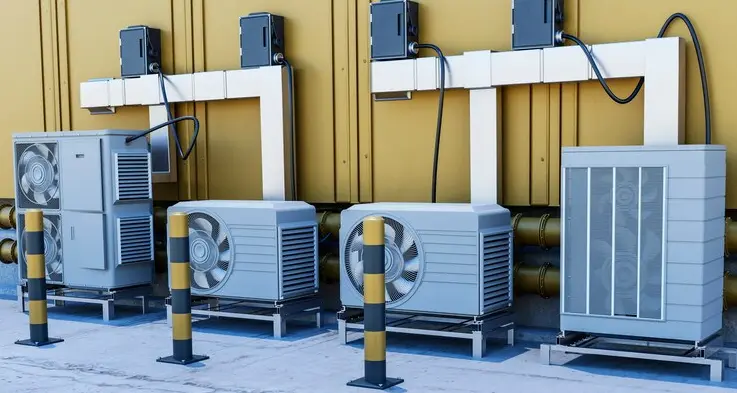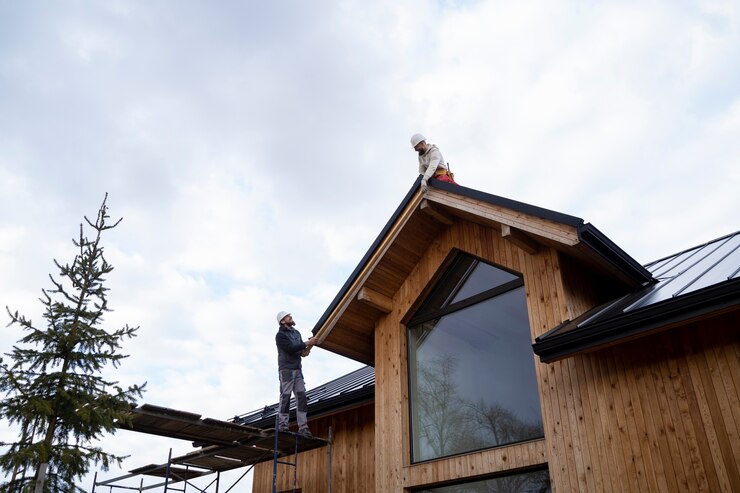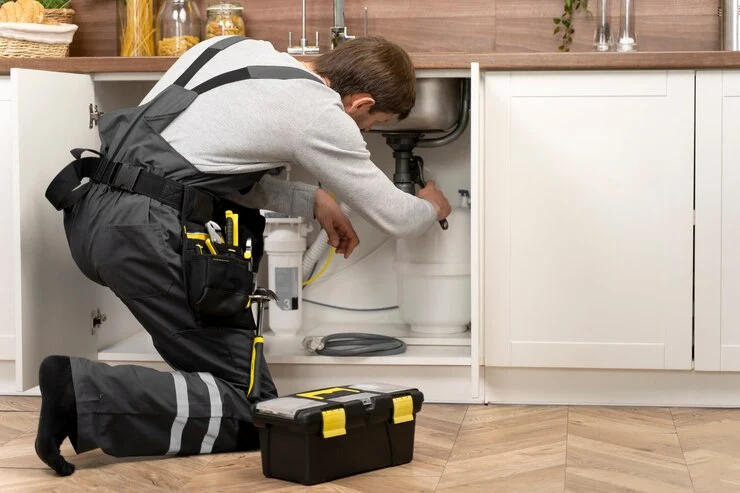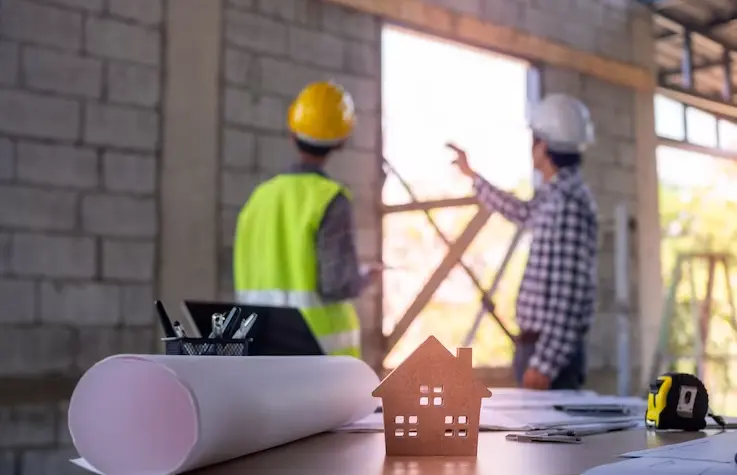Investing in a commercial HVAC system is a significant financial commitment for businesses, and optimizing the depreciation of these systems is essential for long-term cost savings and efficiency. In this article, we’ll explore proven strategies to maximize the depreciation benefits of commercial HVAC investments.
Unveiling Commercial HVAC Depreciation
Commercial HVAC depreciation refers to the gradual decrease in the value of heating and cooling equipment over time. This depreciation is influenced by various factors, including regular maintenance, energy efficiency, smart thermostat integration, and the incorporation of renewable energy sources. By understanding and strategically addressing these factors, businesses can enhance the longevity and overall performance of their HVAC systems.
Exploring the Dynamics of Commercial HVAC Depreciation
To start, let’s delve into the dynamics of commercial HVAC depreciation. It encompasses factors such as the age and condition of the equipment, regular maintenance practices, upgrades for energy efficiency, the integration of smart thermostats, and the use of renewable energy. By comprehensively addressing these aspects, businesses can proactively manage and optimize the depreciation of their HVAC investments.
Factors Shaping HVAC Investment Depreciation
Preserving Longevity Through Regular Maintenance
One of the most critical factors influencing HVAC depreciation is regular maintenance. Scheduled inspections, cleanings, and timely repairs play a crucial role in preventing costly breakdowns and ensuring optimal performance. Regular maintenance is not just a necessity; it’s a proactive strategy to extend the lifespan of HVAC systems.
Optimal Maintenance Practices for Depreciation Optimization
To optimize depreciation, businesses should adhere to best practices in HVAC system maintenance. This includes regular inspections, cleaning of coils and filters, lubrication of moving parts, and thorough checks for leaks or damage. By incorporating these practices, businesses can extend the lifespan of their HVAC systems and avoid unnecessary expenses.
Enhancing Efficiency with Energy-Efficient Upgrades
Transitioning to Modern Energy-Efficient HVAC Systems
Upgrading to energy-efficient HVAC equipment is a proven strategy for optimizing commercial HVAC system depreciation. By investing in modern, energy-efficient systems, businesses can reduce energy consumption and lower operating costs. This not only improves overall efficiency and performance but also extends the lifespan of the HVAC system, resulting in greater depreciation benefits.
Collaborating with Irish Heating and Air for Energy Efficiency
Teaming up with industry-leading commercial HVAC specialists, particularly Irish Heating and Air, can offer businesses invaluable insights into the most fitting energy-efficient solutions. This collaboration ensures that businesses, according to Irish Heating and Air expertise, are well-informed and equipped to maximize their depreciation potential while achieving substantial long-term cost savings.
Smart Solutions for Depreciation Optimization
Unleashing the Benefits of Smart Thermostat Integration
Smart thermostat integration with commercial HVAC systems offers several advantages. It enables remote temperature monitoring and control, tracks energy usage, and allows for scheduled temperature adjustments. By incorporating smart thermostats, businesses can effectively manage their HVAC systems, enhancing overall system efficiency and optimizing depreciation.
Managing HVAC Systems Effectively with Smart Thermostats
Integrating smart thermostats allows for remote temperature monitoring and control, contributing to optimized system depreciation. Scheduled adjustments and energy usage tracking further enhance efficiency, providing businesses with significant cost savings over time.
Embracing Sustainability Through Renewable Energy
Harnessing Renewable Energy Sources for HVAC Systems
Renewable energy integration, such as incorporating solar or wind power into HVAC systems, offers promising opportunities. This not only reduces reliance on fossil fuels but also lowers energy costs and contributes to a more sustainable future. Commercial HVAC specialists, like Irish Heating and Air, can assist businesses in exploring the potential of renewable energy integration for their HVAC systems.
Exploring Potential Tax Incentives and Rebates Through Renewable Integration
Renewable energy integration can significantly impact system depreciation for commercial HVAC systems. By relying on sources like solar or wind power, businesses can reduce operational costs, extend equipment lifespan, and decrease dependence on traditional fuel sources. Additionally, the integration of renewable energy sources may provide access to potential tax incentives and rebates, further optimizing the financial impact of system depreciation.
Conclusion
In conclusion, optimizing commercial HVAC system depreciation is crucial for maximizing the lifespan and efficiency of HVAC investments. By implementing regular maintenance, upgrading to energy-efficient equipment, integrating smart thermostats, and embracing renewable energy sources, businesses can significantly reduce depreciation costs and improve their bottom line.
Strategic consulting with commercial HVAC specialists, such as Irish Heating and Air, can provide valuable insights and expertise in implementing these strategies. With the right approach, businesses can power up their HVAC investments and reap the long-term benefits of optimized system depreciation.




